In a groundbreaking initiative, the Bangko Sentral ng Pilipinas has commenced sandbox testing for the PHPC, a stablecoin pegged 1:1 to the Philippine peso. This pilot, a collaboration with Coins.ph, aims to evaluate the stablecoin's impact on the local economy and its utility in various financial applications.
PHPC Stablecoin Enters Trial Phase, Aiming to Transform Financial Transactions in the Philippines
The Philippines' central bank will launch restricted trials of a national stablecoin linked 1:1 to the local peso.
According to Cointelegraph, The Bangko Sentral ng Pilipinas (BSP) has approved a pilot for PHPC, a Philippine peso-backed stablecoin, in collaboration with cryptocurrency wallet service Coins.ph. The award was granted through the BSP's Regulatory Sandbox Framework.
As part of the agreement, Coins.ph will keep cash reserves in pesos equal to the circulating supply of the PHPC stablecoin in the sandbox environment. According to the release, the pegging of local currency is intended to simplify PHPC's transition back to its physical fiat counterpart.
The sandbox testing aims to assess the PHPC stablecoin's real-world performance and impact on the local fiat economy.
"PHPC's potential uses include domestic and cross-border payments, trading with other virtual assets, hedging against market volatility, and providing collateral and liquidity in DeFi applications."
The results will determine PHPC's transition from a sandbox to real-world use. However, formal public deployment will be subject to the central bank's final evaluations and authorization.
Expanding Financial Inclusion: UnionBank Enhances Peso-Backed Stablecoins for Diverse Transactions
According to local legislation, depending on the project's complexity, the testing period might last three to twelve months after the pilot goes online. It's worth noting that no official timeframe was given when the stablecoin experiment was announced.
Read Cointelegraph's tutorial to learn more about utilizing stablecoins for everyday transactions.
Stablecoins, backed by the Philippine peso, debuted in July 2019 and was led by Unionbank, a local commercial bank.
UnionBank launched PHX, a payments-focused stablecoin pegged to the Philippine peso, to promote greater financial inclusion. The program was developed to complement the BSP's efforts to promote digital financial inclusion for individuals and communities nationwide.
PhilStar Global says PHX is being integrated into UnionBank's i2i platform. The acronym i2i stands for island-to-island, institution-to-institution, and individual-to-individual.
Like PHPC, PHX is easily redeemed for pesos, which are subsequently paid back to users' UnionBank accounts.
Photo: Microsoft Bing












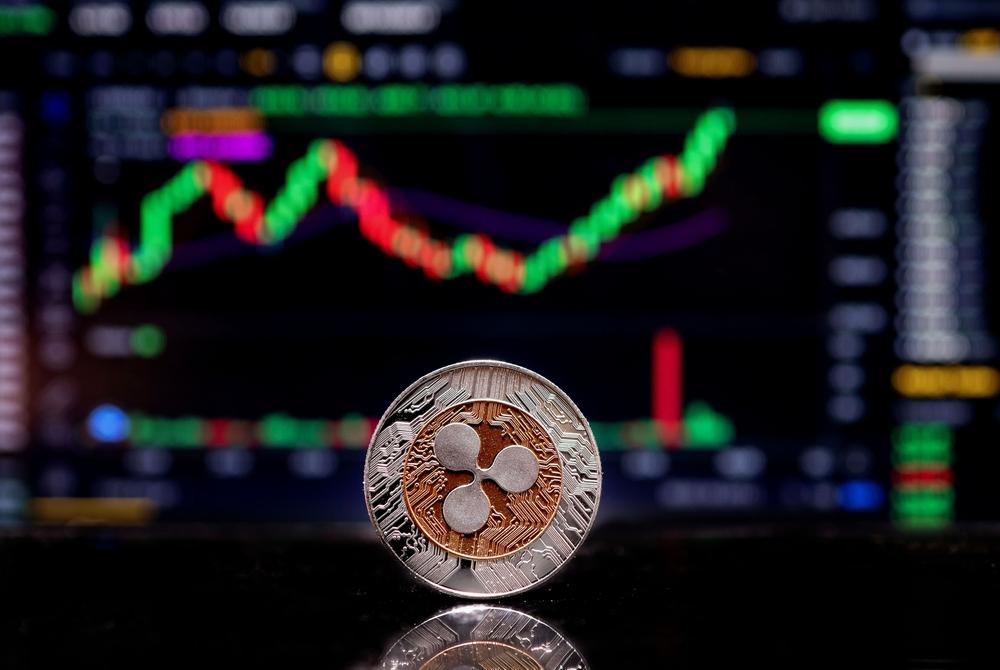



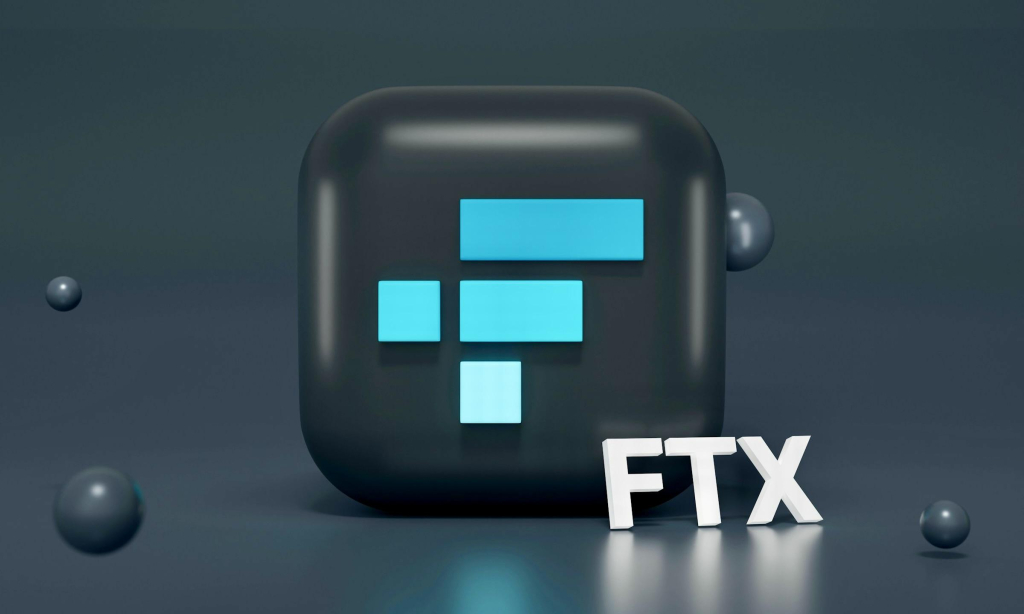
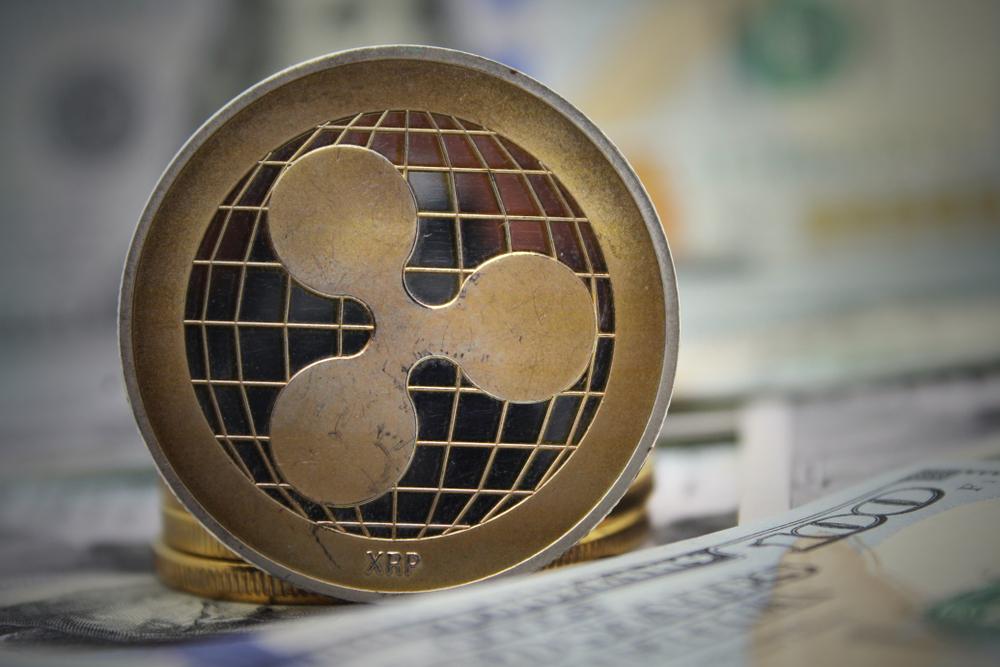
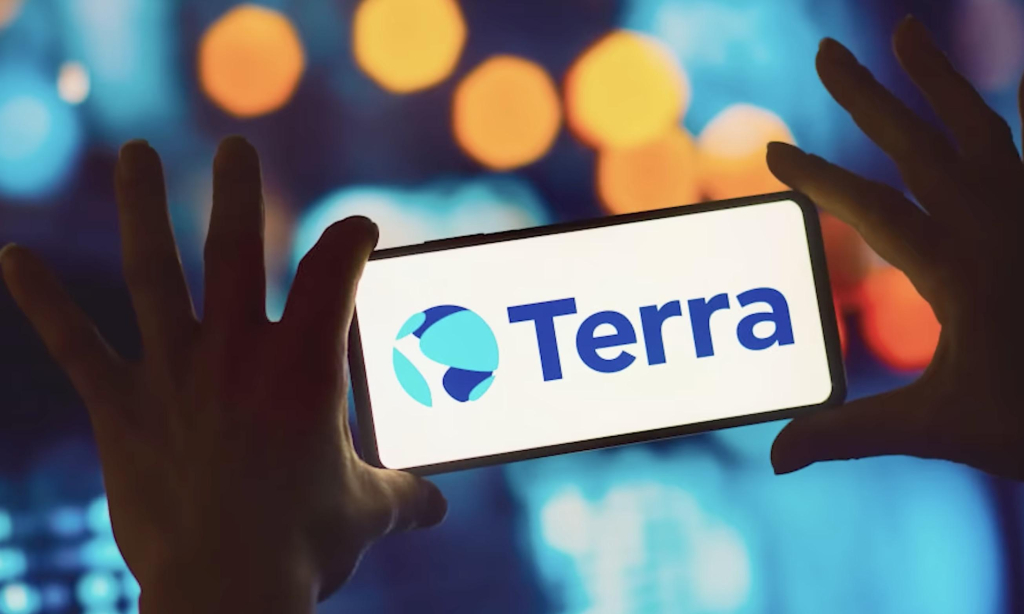


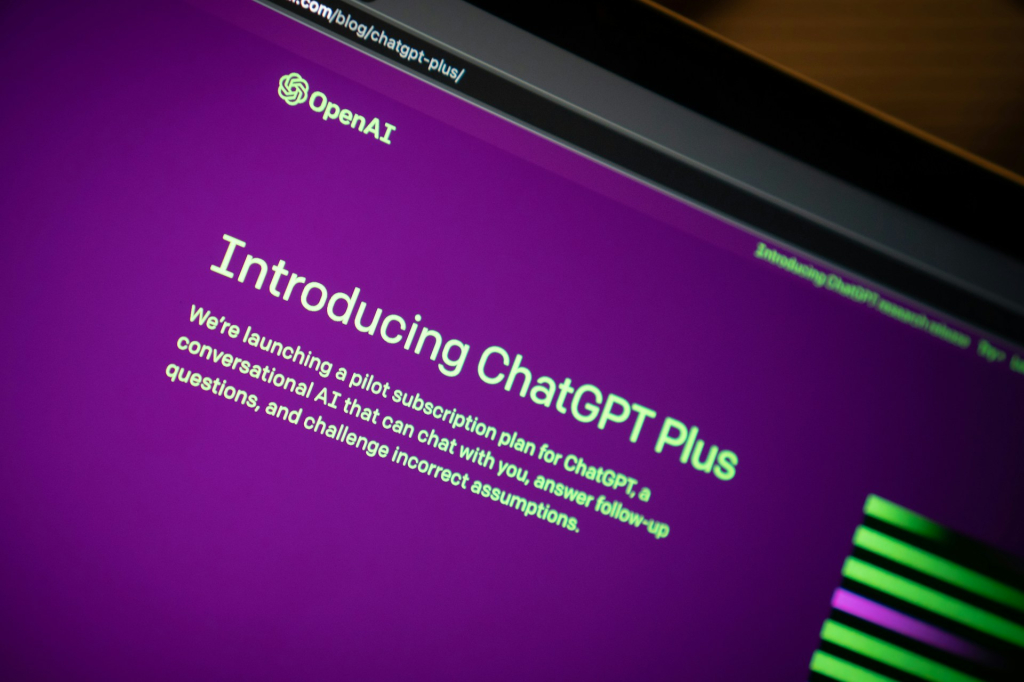





Comment 0